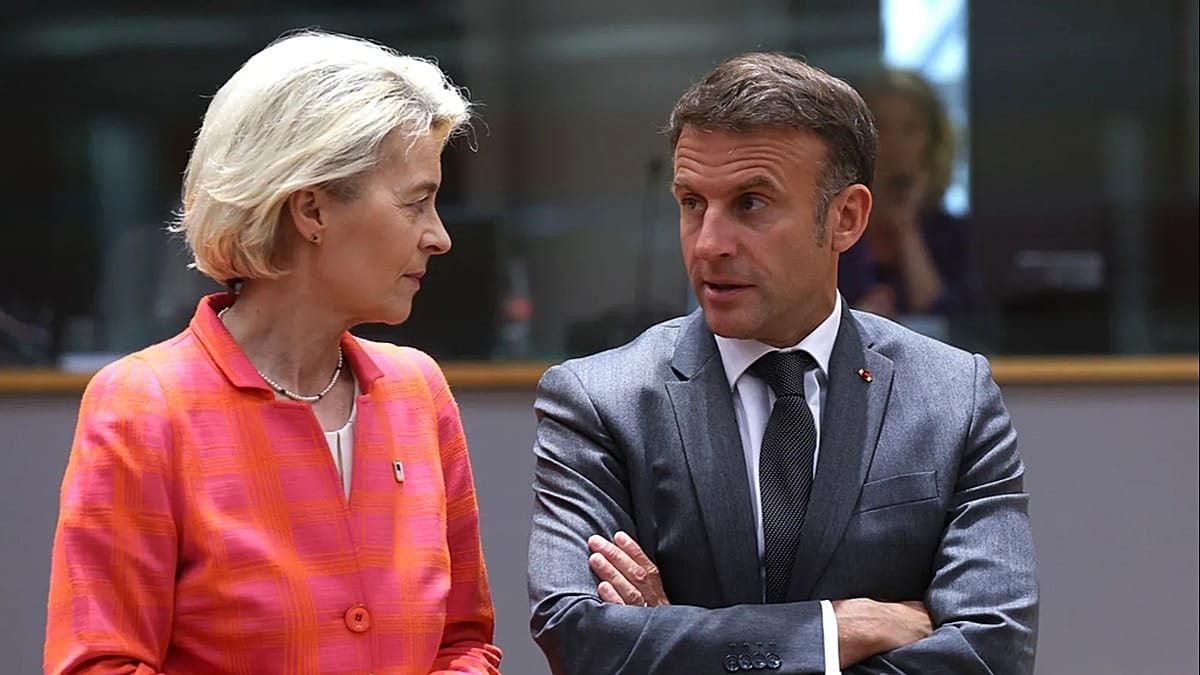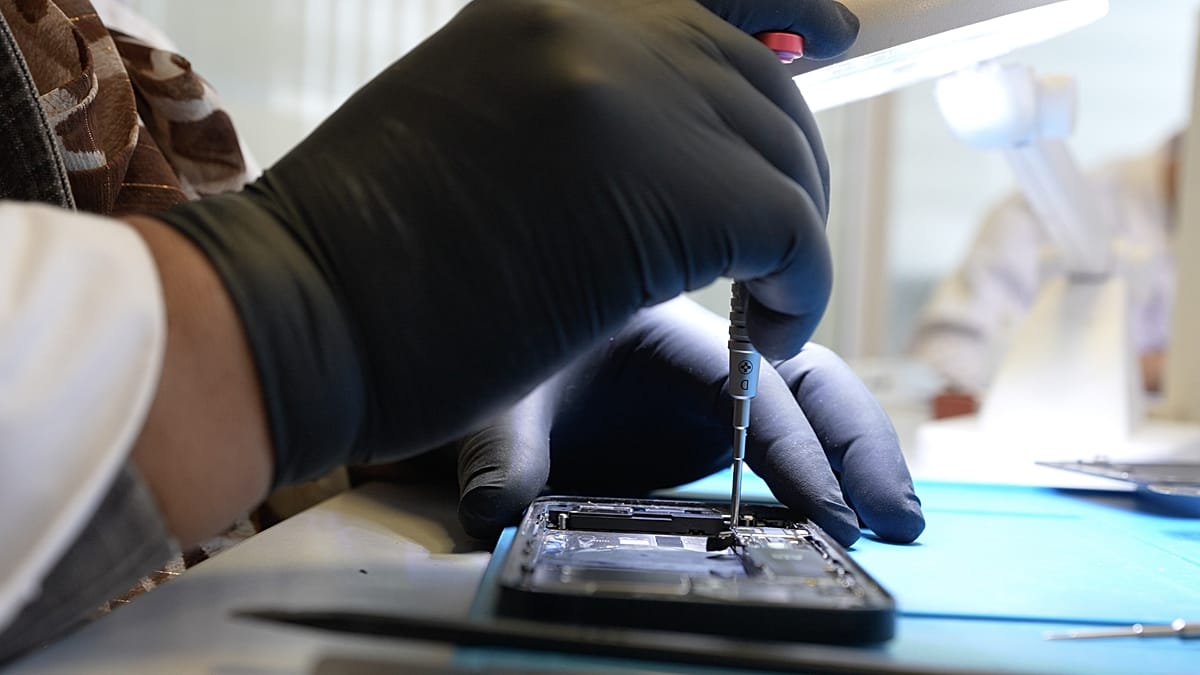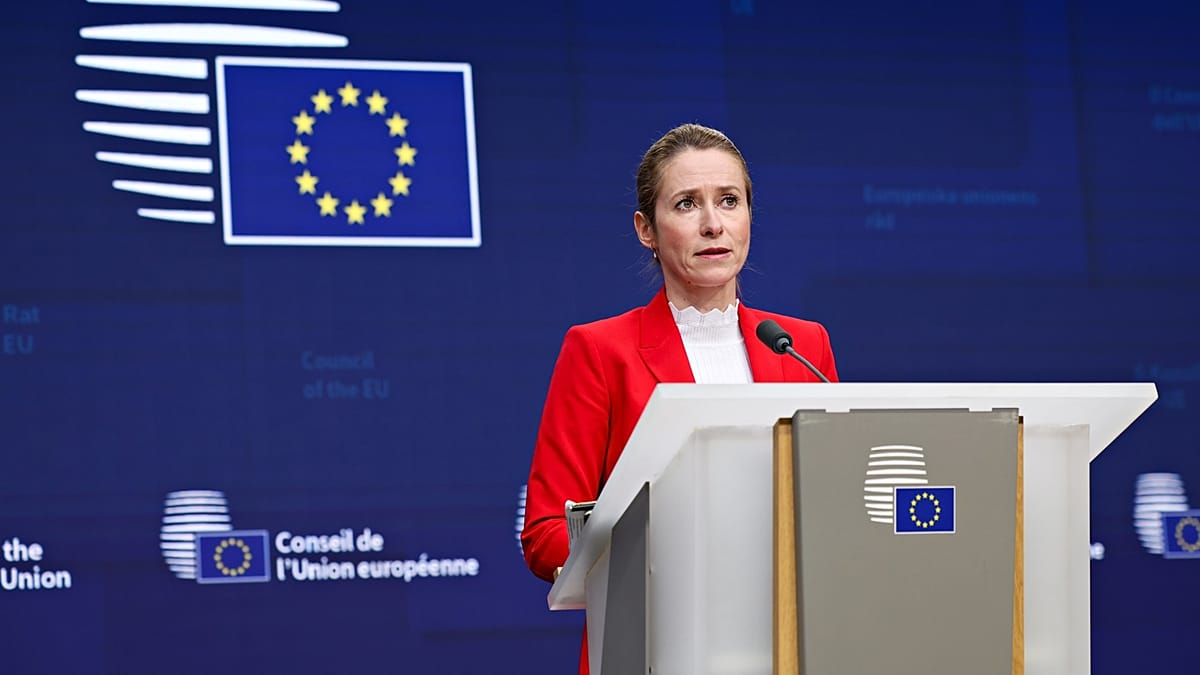
Children’s Minister Karen Chhour has apologised after admitting her comments in a radio interview about abuse in state care may have misled people.
Speaking to Q+A with Jack Tame this morning, Chhour said she would “never intentionally mislead victims of abuse in state care,” after previously suggesting that official abuse statistics from Oranga Tamariki measured different levels of harm.
She now acknowledges those comments were incorrect.
“I accept that people may have thought that, and I apologise if they have,” Chhour said. “My intention was never that — it was to make clear that I was speaking to one area of harm within the system.”
The apology followed criticism from the Children’s Commissioner and Independent Children’s Monitor who accused Chhour of cherry-picking data by highlighting a 14% reduction in abuse or harm within state care residences while overall abuse in the wider care system had risen to record levels.
According to Oranga Tamariki’s annual report, there were 33 fewer findings of harm in state care residences last year — involving three fewer children. However, across the wider state care system, reports of abuse increased by 4%, reaching the highest level on record.
Chhour defended the Government’s decision to publicly highlight improvements in youth justice and care residences, saying it was important to “acknowledge when things are going well” even if “other areas are still struggling”.
“When I first took over, I was devastated at the state of our youth justice and care and protection residences,” she said.
“It’s unacceptable that we have kids in secure residences and they’re not safe. So we’ve focused on training, infrastructure, and making sure staff have the tools they need.”
Chhour argued that not all recorded harm occurred at the hands of caregivers, saying around 60% of abuse reports related to incidents such as bullying or attacks by strangers, outside of Oranga Tamariki’s direct control.
“It’s our job to work with other agencies, with education, for example, around bullying and harm in communities,” she said.
Chhour defended the Government’s approach to youth offending and state care, acknowledging both achievements and challenges. (Source: Q and A)
15% youth offending target reached early
Chhour also announced the Government had achieved its target of a 15% reduction in serious and persistent youth offending four years ahead of schedule.
She attributed the 16% drop to “better collaboration” between Oranga Tamariki, Police, and the courts, and faster intervention when young people first enter the justice system.
“We’ve invested more in what we knew was working, getting agencies around the table within 24 hours to make a plan,” she said.
She rejected suggestions the fall continued a pre-existing trend, saying the Government’s tougher messaging on crime had also contributed.
“We’ve been very clear that crime is not okay and there will be consequences, no matter what age you are,” she said.
Chhour declined to give details on the outcomes of the Government’s military-style academy pilot, after reports that at least seven of the eight participants had reoffended. She said an independent review would be released soon.
“Every one of those young people showed that they wanted to change,” she said. “I’m proud of giving them that opportunity, what they did with it was up to them.”
Chhour also acknowledged a 23% increase in harm among children returning home from care placements but said Oranga Tamariki was prioritising follow-up visits and improving oversight.
She confirmed that only 64% of caregivers had been assessed before children were returned home last year, down from 80% the year before,but blamed staffing pressures.
“We’ve recruited twice as many social workers now as have left,” she said.
“We’re rebuilding the workforce and focusing on where the biggest risks are.”














